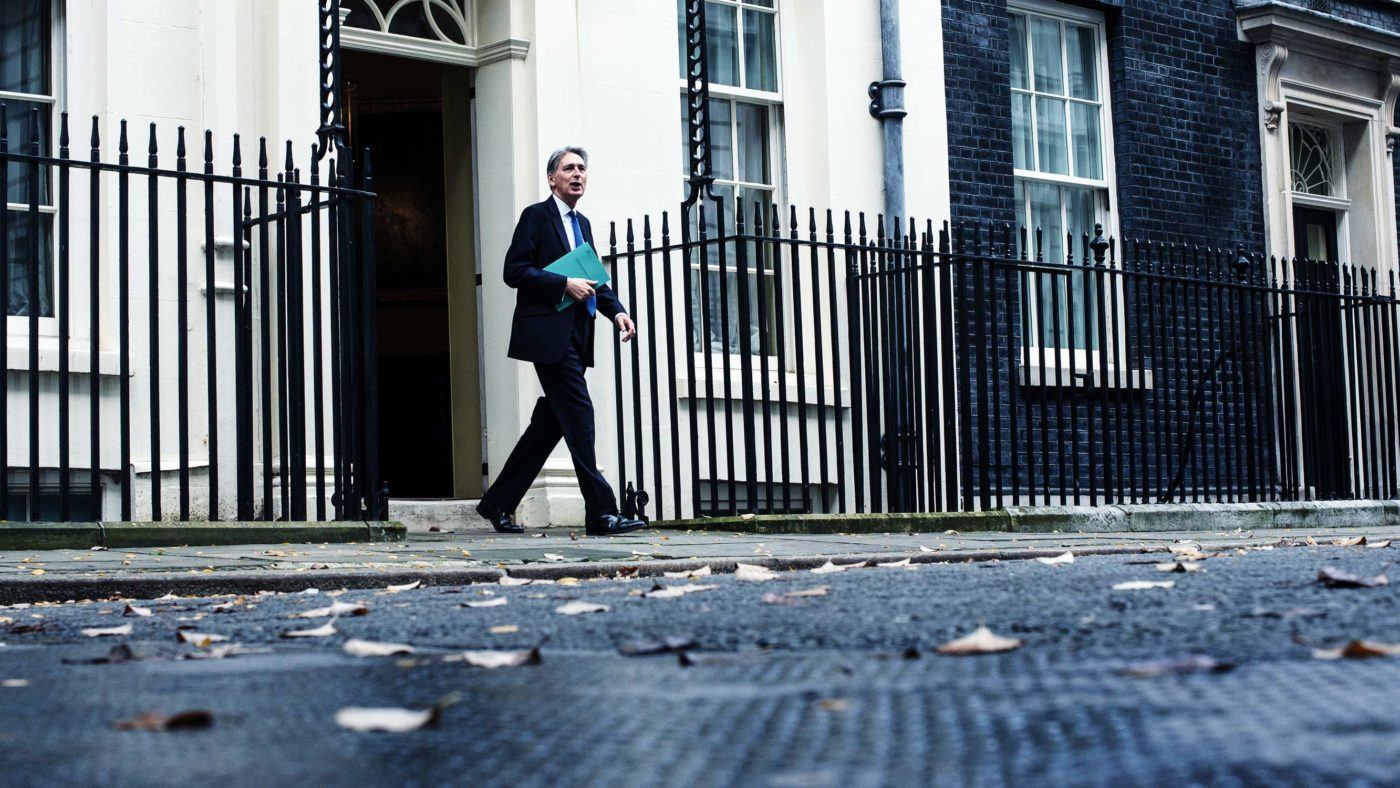Much of the focus of this Autumn Statement will not be on policy announcements from Philip Hammond. It will, in fact, focus on the Office for Budget Responsibility’s (OBR’s) assessment of growth forecasts in a post-Brexit world.
The forecasts set out by the OBR are likely to be highly contentious due to the potential political implications.
However, we should not forget that Hammond needs to promote supply side policies to boost economic growth – regardless of the impact that Brexit will have on the UK economy.
The Centre for Policy Studies (CPS) has published a ‘wishlist’ and below are a few things to look out for.
Tax reduction and simplification
Hammond is inheriting a complex tax system that is causing problems for businesses across the country and is highly distortionary.
Look out for any attempts to deal with high marginal tax rates (particularly for the low paid) and any measures that may simplify the tax code – particularly in relation to the merging of income tax and national insurance.
Infrastructure
The Government has briefed newspapers that extra funds will be announced for infrastructure at the Autumn Statement. There are plans to spend an additional £1.3bn on road improvements and Hammond will also pledge a further £1bn to roll out ‘full-fibre’ broadband.
While Britain’s infrastructure is certainly in need of upgrading, the CPS’ latest economic bulletin Infrastructure can be a bad investment highlights the need for the Government to focus on improving the quality of infrastructure development, rather than simply allocating more public funds.
Following the abandonment of the Private Finance Initiative, a new mechanism of attracting private finance in infrastructure is needed. We’ve advocated the use of project bonds, where warrants would be awarded to the Treasury that ensure private investors do not receive excess profits.
Free ports
European Union law has long held back the potential of British ports. In CPS report The Free Ports Opportunity, Rishi Sunak MP highlights how “Free Ports” could increase manufacturing output, reinvigorate the north of England, and promote trade.
Free Ports are areas that, although inside the geographic boundary of a country, are considered outside the country for customs purposes. This means that goods can enter and re-exit the port without incurring the usual import procedures or tariffs – incentivising domestic manufacturing. Foreign trade zones operate all around the world – except in the EU. Will the Government express its intention to introduce “Free Ports” in post-Brexit Britain that could boost manufacturing industries and coastal areas?
Housing
There will be announcements on housing, but will they include measures to reduce regulatory burdens that are currently containing supply in the market? We’ve called for the introduction of ‘Pink Zones’, where existing regulatory burdens – particularly those related to planning – would be reduced (see Pink Planning by Keith Boyfield and Daniel Greenburg).
Energy
The UK’s Carbon Price is currently around three times the level paid in the EU. This needs to be cut before it forces the premature closure of more baseload power plants and threatens energy security and affordability. Will the Government take action to reduce or scrap the unilateral Carbon Price Floor?
Corporation Tax Exemption
CPS Chairman Lord Saatchi has previously called for an end to corporation tax and capital gains tax for small firms. We are encouraged by recent findings of the Office for Tax Simplification, which suggests that some small businesses could pay income tax on profits directly rather than corporation tax.
Will the Chancellor set out a clear pathway to alleviate the burdens of corporation tax on small firms?


